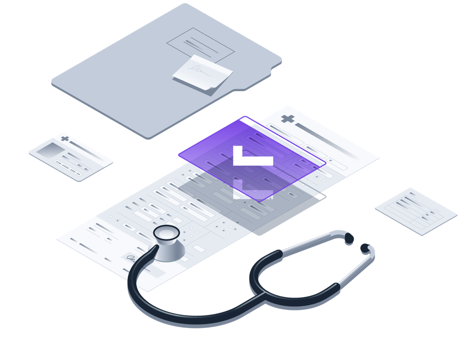Heart disease is any kind of disease that affects the heart. This includes heart failure, angina, arrhythmia, valvular heart disease and coronary artery disease (CAD) or other conditions. It is the leading cause of death for men and women in the U.S.
What are the symptoms?

-
Angina
Chest Pain
-
Shortness of Breath
Difficulty breathing, especially when lying down
-
Fatigue
Running out of energy, unable to exercise
-
Increased Heart Rate
Faster heart beat
-
Adema
Swelling in legs, ankles, or abdomen
According to the American College of Cardiology, heart disease is the number one cause of death worldwide...
Learn moreIndividually, the air pollution and noise pollution typically found in cities have been linked to a variety of health issues, but new research published recently in the European Heart Journal has found that together, they could increase a person’s risk of cardiovascular disease. Previous research linked urban air pollution to heart disease, stroke, and asthma, … Continue reading "Living in a city is giving you heart disease, study finds"...
Learn moreThe buildup of scar tissue that slowly leads to heart failure could be reduced and replaced by health heart muscle using a method developed by researchers at the University of North Carolina School of Medicine. The treatment could come in the form of a pill, and could lead to significantly improved quality of life for heart … Continue reading "New study could lead to a revolutionary heart failure pill"...
Learn moreWhat causes it?
The causes of heart disease vary by the type of heart disease a patient has. A patient can be born with a heart defect, for example. In other cases, an infection can cause damage to the heart.

Other conditions such as diabetes or high blood pressure
Other conditions such as diabetes or high blood pressureIs there a test?
-
Blood Tests
Blood is given and tested for B-type natriuretic peptide (BNP)
-
Electrocardiogram (ECG)
An ECG records your hearts electrical signals to detect irregularities
-
Echocardiogram
An ultrasound of your heart which shows detailed images of your heart's function and structure
-
Stress Test
A test involving raising your heart rate with exercise or drugs to measure the heart's response
-
Cardiac Computerized Tomography (CT) Scan
CT images are taken of your heart to detect problems
-
Cardiac Magnetic Resonance Imaging (MRI)
An MRI of the heart that produces detailed pictures of your heart

How to treat it
Just in case there wasn’t already enough scientific evidence to convince you that drinking sodas and other sugary drinks are bad for you, new research has found that these sweetened beverages can significantly increase a person’s risk of heart attack and cardiovascular disease. ...
Link MorePravastatin, a drug known to prevent or stall the progress of heart disease may also be able to alleviate symptoms of asthma according to promising results in lab trials....
Link MoreCongestive heart failure patients who experience moderate to severe depression face a five-fold increased risk of all-cause mortality compared to those that do not suffer from the mood disorder, according to this new research. ...
Link More
Sign up for more info about Heart Disease
Stay tuned with our weekly recap of what’s hot & cool.
Join over 260,000 subscribers!











